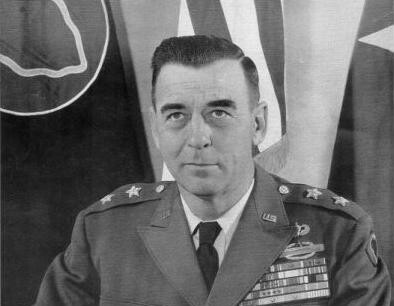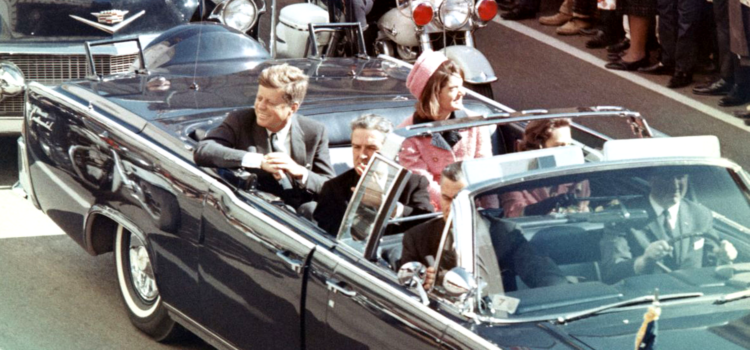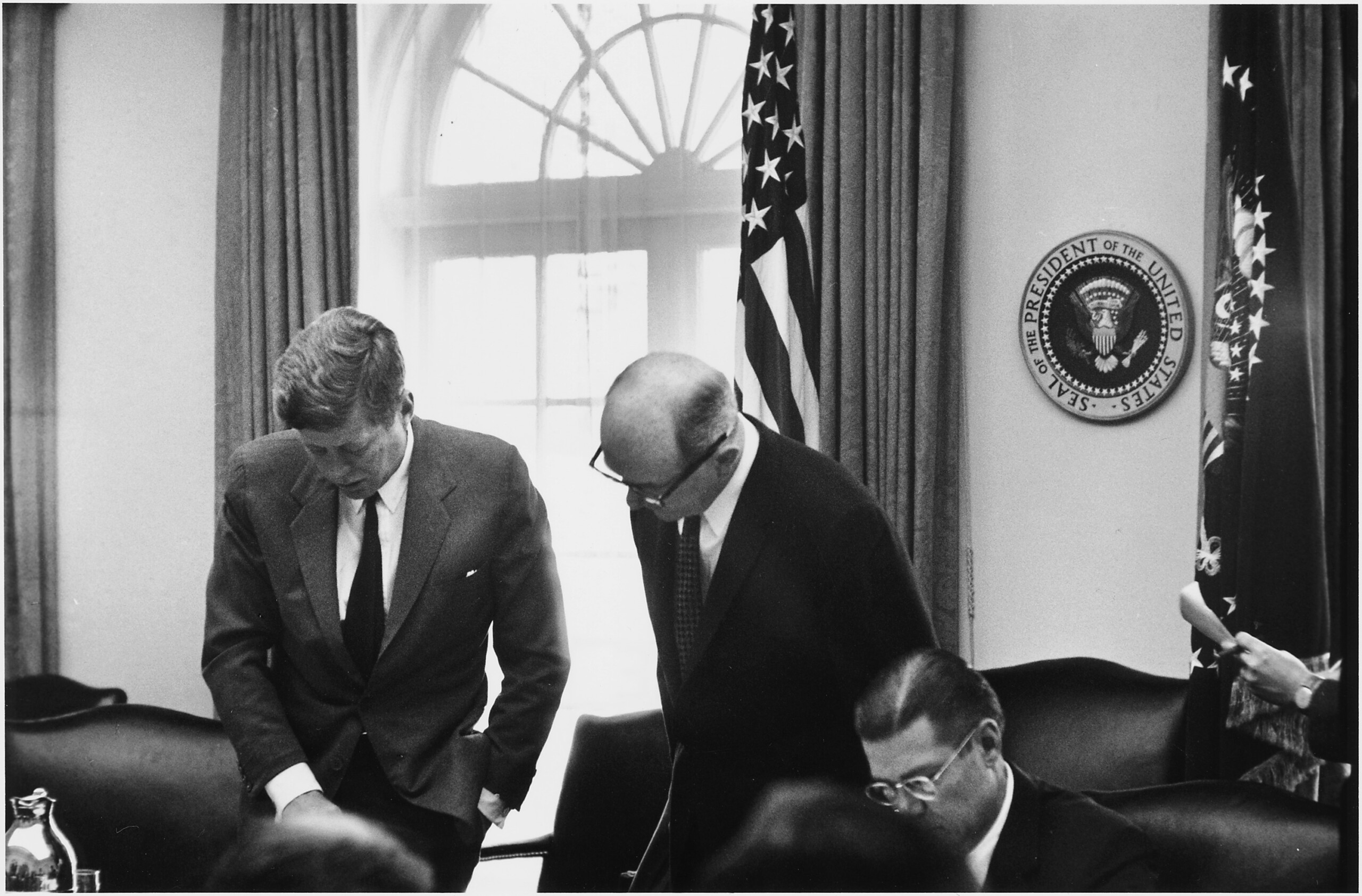Some military members viewed Kennedy’s decision to implement a naval blockade on Cuba as a missed opportunity to neutralize a growing threat.
By 1963, Kennedy began voicing his concerns about the U.S. involvement in Vietnam. He even hinted at a desire to withdraw troops.
It was a move that did not sit well with hawkish elements within the military who believed in a more aggressive stance against communism.
Key Players and Theories
A few names repeatedly echo as we peel back the layers of this intricate enigma.
General Edwin Walker and The Radical Right
General Edwin Walker, a staunch anti-communist, became controversial during the early 1960s. Removed from his European post in 1961 due to his political indoctrination efforts with troops, he was no fan of Kennedy’s administration.

Walker’s public condemnations of the U.S. government’s actions made him a darling of the radical right. Here’s where it gets intriguing: Lee Harvey Oswald, JFK’s alleged assassin, is believed to have taken a shot at Walker and missed in April 1963.
It was a mere seven months before Kennedy’s assassination. This incident led some conspiracy theorists to suggest that Oswald’s actions might not have been those of a lone wolf.
The Joint Chiefs of Staff
During JFK’s presidency, the Joint Chiefs, indeed, had their disagreements with the young president. These disagreements were prominent during the Bay of Pigs invasion and the Cuban Missile Crisis.
For instance, JFK was keen on diplomatic resolutions during the missile crisis. However, many Joint Chiefs pushed for a direct military intervention against Cuba.
The underlying tension between the Kennedy administration and the Joint Chiefs is well-documented.
This rift fueled speculation. It centered around believing that the military’s upper echelons might have preferred Vice President Lyndon B. Johnson’s potentially more aggressive stance against communism.
However, while the theory is tantalizing for some, concrete evidence directly linking the Joint Chiefs to any conspiracy remains elusive.
Counterarguments and Skepticism
A military conspiracy regarding this incident is undoubtedly compelling. However, it’s essential to approach these theories with a healthy dose of skepticism.
Numerous investigations, including the Warren Commission, have found no concrete evidence of military involvement in JFK’s assassination.
Additionally, the sheer complexity and number of individuals would have to be involved in such a conspiracy. It makes keeping a secret for over half a century more challenging.
Truth or Fiction?
The idea of a military conspiracy in the JFK assassination continues to captivate imaginations worldwide. You can’t deny the allure of secret plots or genuine gaps in the official narrative.
However, such theories are a testament to the enduring legacy of JFK’s presidency and the profound impact of his untimely death. As with all conspiracy theories, we must critically evaluate the evidence and decide our beliefs.











COMMENTS